High-Performance Computing Concurrency Training DVD Review
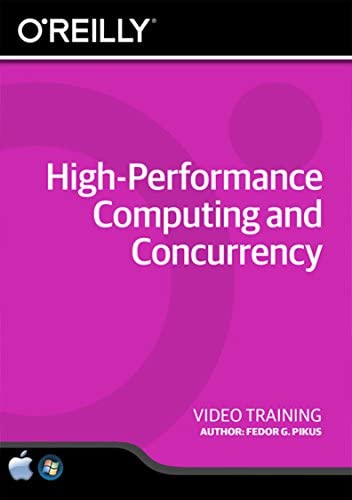
Introduction
If you’re looking to improve your high-performance computing (HPC) skills, then the High-Performance Computing Concurrency Training DVD might be just what you need. This DVD is a comprehensive training program that provides in-depth knowledge about concurrent programming and HPC. In this review, we’ll take a closer look at what the program has to offer.
What is High-Performance Computing?
High-performance computing (HPC) refers to the use of supercomputers and parallel processing techniques to perform complex computations quickly and efficiently. HPC is used in a wide range of scientific and engineering applications, such as weather forecasting, molecular modeling, and aircraft design.
What is Concurrent Programming?
Concurrent programming is a programming technique that allows multiple threads of execution to run simultaneously within a single program. This is done by dividing the program into smaller parts, with each part running independently of the others.
The High-Performance Computing Concurrency Training DVD
The High-Performance Computing Concurrency Training DVD is a comprehensive program that covers a range of topics related to concurrent programming and HPC. The program includes over 50 hours of video tutorials, as well as exercises, examples, and quizzes to help reinforce the concepts learned.
Course Outline
The course is divided into 17 sections, each covering a specific topic related to HPC and concurrent programming. The sections are as follows:
1. Introduction to Parallel Computing
This section provides an overview of parallel computing, including the different types of parallelism and the advantages of parallel computing.
2. Programming Models for Parallel Computing
This section covers the different programming models used in parallel computing, including shared memory, distributed memory, and hybrid models.
3. Parallel Algorithms
This section explains the different algorithms used in parallel computing, including sorting, matrix multiplication, and graph algorithms.
4. OpenMP
This section covers OpenMP, a popular API used for shared memory programming in parallel computing.
5. MPI
This section covers MPI, a standard message passing interface used for distributed memory programming in parallel computing.
6. CUDA
This section covers CUDA, a parallel computing platform and programming model developed by NVIDIA for GPUs.
7. OpenACC
This section covers OpenACC, an open standard for parallel programming of heterogeneous systems.
8. Parallel Debugging
This section covers tools and techniques used for debugging parallel programs.
9. High-Performance I/O
This section covers techniques used for high-performance input/output (I/O) in parallel computing.
10. Performance Analysis
This section covers tools and techniques used for performance analysis in parallel computing.
11. Optimization Techniques
This section covers optimization techniques used in HPC programming, including loop unrolling, parallelization, and cache optimization.
12. Applications of Parallel Computing
This section covers a range of applications of parallel computing, including weather forecasting, molecular modeling, and computer graphics.
13. Parallel Computing on Clusters
This section covers the use of clusters in parallel computing, including different types of clusters and their architectures.
14. Introduction to Cloud Computing
This section provides an overview of cloud computing and its application in HPC.
15. Using Amazon Web Services for HPC
This section covers the use of Amazon Web Services (AWS) for HPC, including setting up instances and running HPC applications on AWS.
16. Intel Xeon Phi
This section covers the use of the Intel Xeon Phi coprocessor for HPC.
17. Case Studies
This section includes case studies of real-world applications of HPC.
What You Will Learn
By the end of this course, you will have a strong understanding of HPC, concurrent programming, and the tools and techniques used in these fields. You will be able to write efficient and scalable HPC applications and optimize their performance.
Who Should Take This Course?
This course is ideal for anyone who wants to improve their HPC and concurrent programming skills, including computer scientists, software engineers, and researchers in fields such as physics, chemistry, and biology. It is also suitable for students who want to learn more about these fields.
Conclusion
Overall, the High-Performance Computing Concurrency Training DVD is an excellent resource for anyone interested in HPC and concurrent programming. The program provides comprehensive coverage of the subject matter, and the video tutorials are clear and concise. The exercises and quizzes are also helpful for reinforcing the concepts learned. If you’re looking to improve your HPC skills, then this program is definitely worth checking out.

![Amazon.com: Band-in-a-Box 2019 Pro for Mac [Old Version]](https://www.coupondealsone.com/wp-content/uploads/2024/04/2O6e4Cw25Z6a.jpg) Band in a Box 2019 Flash Drive Review
Band in a Box 2019 Flash Drive Review 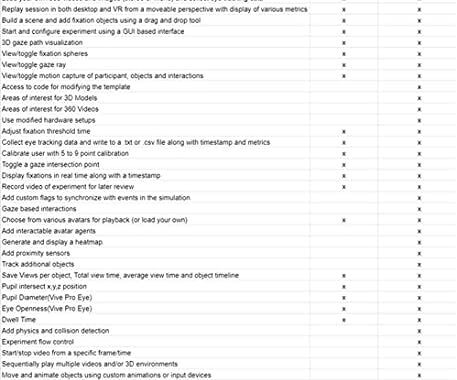 WorldViz SightLab Tracking Software Omnicept Review
WorldViz SightLab Tracking Software Omnicept Review 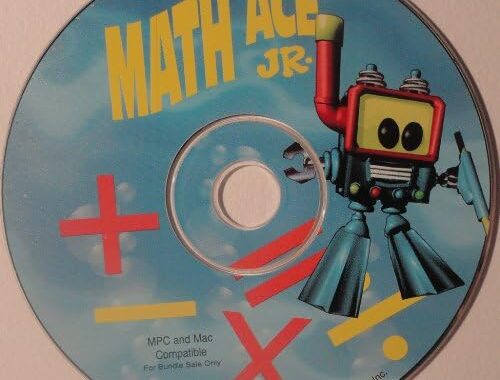 Math ACE Jr. Review: A Must-Have Learning Tool for Kids Ages 4-8
Math ACE Jr. Review: A Must-Have Learning Tool for Kids Ages 4-8 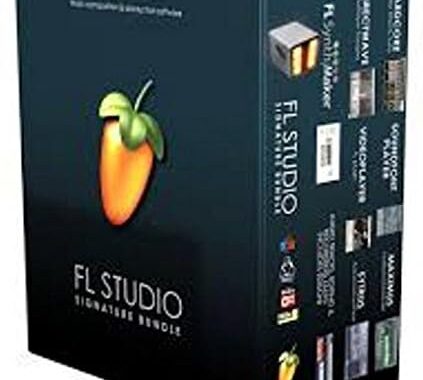 Review of Image Line Software Studio Signature Bundle
Review of Image Line Software Studio Signature Bundle 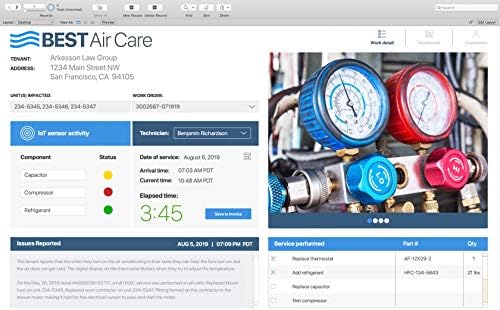 FileMaker Pro Advanced Review
FileMaker Pro Advanced Review ![Amazon.com: Punch! ViaCAD 2D/3D v12- For Mac [Mac Download] : Software](https://www.coupondealsone.com/wp-content/uploads/2024/04/YBusi9QdX6E2.jpg) ViaCAD v12 for Mac Review
ViaCAD v12 for Mac Review  Elevate Your Baking with the Stylish and Powerful Drew Barrymore 5.3-Quart Stand Mixer
Elevate Your Baking with the Stylish and Powerful Drew Barrymore 5.3-Quart Stand Mixer  Review of the Sterilizer Charging Wireless Certified Sanitizer
Review of the Sterilizer Charging Wireless Certified Sanitizer  DESTEK VR Controller Review
DESTEK VR Controller Review